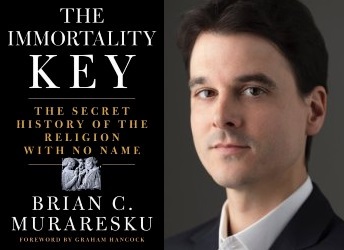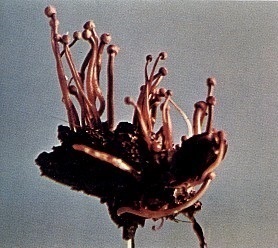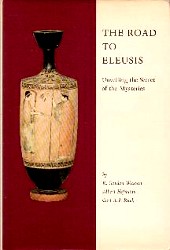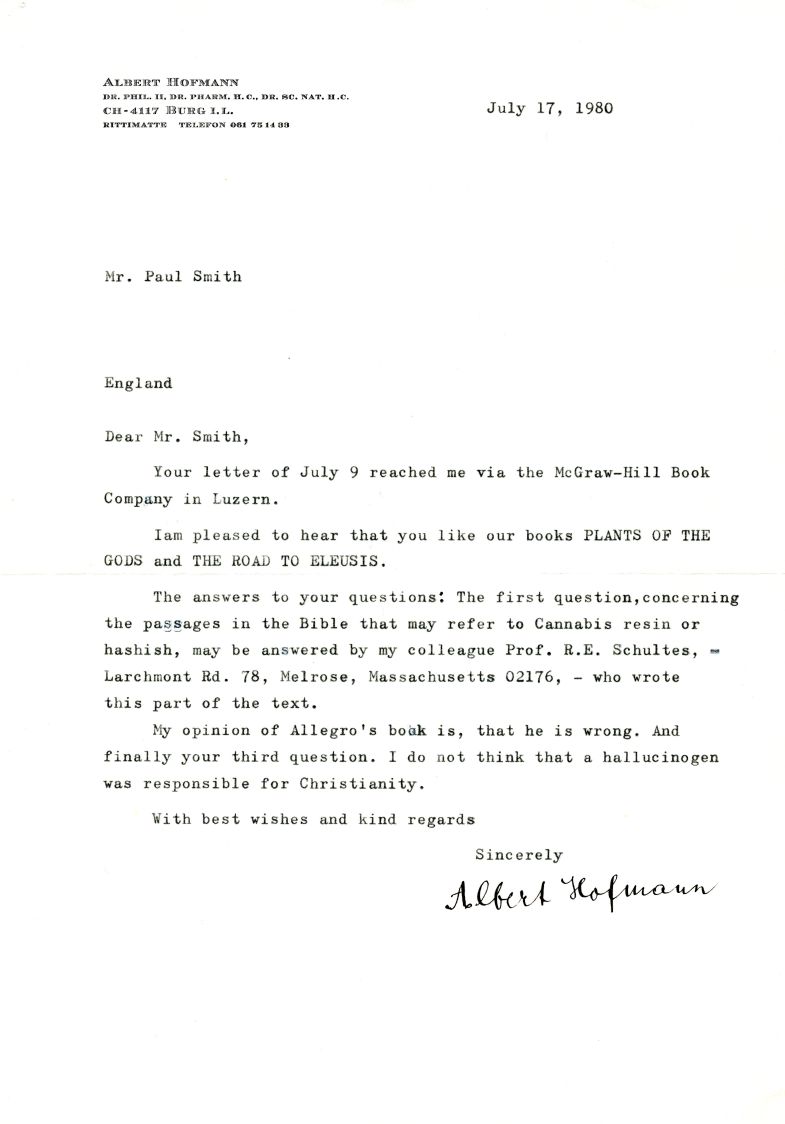|
The book by Brian C. Muraresku, The Immortality Key: The Secret History of The Religion With No Name has been around for a while and has been given the usual hand-clapping (St. Martin's Publishing Group, 29 September 2020).

The author would like to believe that the original version of the Christian Sacrament was LSD. Brian C. Muraresku is not the first author to link LSD to the Bible. Dan Merkur, Psychoanalyst and Research Reader in the Department of the Study of Religion, University of Toronto, has written a series of books where he has also speculated that The Bible is founded on LSD.
To sum up the most exciting parts of the book: the bloody wine of Dionysius became the bloody wine of Jesus – the pagan continuity hypothesis – the link between the Ancient Greeks of the final centuries BC and the paleo-Christians of the early centuries AD – in short, the default psychedelic of universal world history – the cult of Dionysus and the cult of Jesus were identical [best exemplified by the Gospel of John] – the skeleton containing ergot samples in his teeth at the Greek cult in the domestic chapel of Mas Castellar de Pontos (Girona, Spain) is the closest thing confirming that ergot was the sacred potion at Eleusis. The original Greek version of Christianity was merely a Jewish version of the Greek cult of Dionysus. I Corinthians 11:30 in reference to the Christian Eucharist contained a Greek word [koimontai] that alluded to its partakers as dying [translated as “the sleep of death” in Liddel-Scott-Jones Lexicon].
So that's it. In a nutshell.

Claviceps purpurea
Original version of the Eucharist?
There are a few facts that Brian C. Muraresku omitted. His favourite book seems to be R. Gordon Wasson, Carl A. P. Ruck, Albert Hofmann, The Road To Eleusis: Unveiling The Secret of The Mysteries (first published by Harcourt Brace Jovanovich, 1978).

R. Gordon Wasson (1898-1986) went on record from 1961 stating that he did not believe that Christianity was founded on a magic mushroom. The original 1961 paper is reproduced in The Road To Eleusis. Here's what Wasson said:
I do not suggest that St John of Patmos ate mushrooms in order to write the Book of the Revelation. Yet the succession of images in his Vision, so clearly seen and yet such a phantasmagoria, means for me that he was in the same state as one bemushroomed.
And...
This must sound cryptic to one who does not share [William] Blake's vision or who has not taken the mushroom. The advantage of the mushroom is that it puts many (if not everyone) within reach of this state without having to suffer the mortifications of [William] Blake and St. John. It permits you to see, more clearly than our perishing mortal eye can see, vistas beyond the horizons of this life, to travel backwards and forwards in time, to enter other planes of existence, even (as the Indians say) to know God.
Albert Hofmann (1906-2008) did not believe that Christianity was founded on a Hallucinogenic substance. He stated unequivocally in private correspondence to me dated 17 July 1980: “I do not think that a hallucinogen was responsible for Christianity” (Full Letter Below)
Some facts that people need to be aware of when reading Brian C. Muraresku's The Immortality Key.
|

